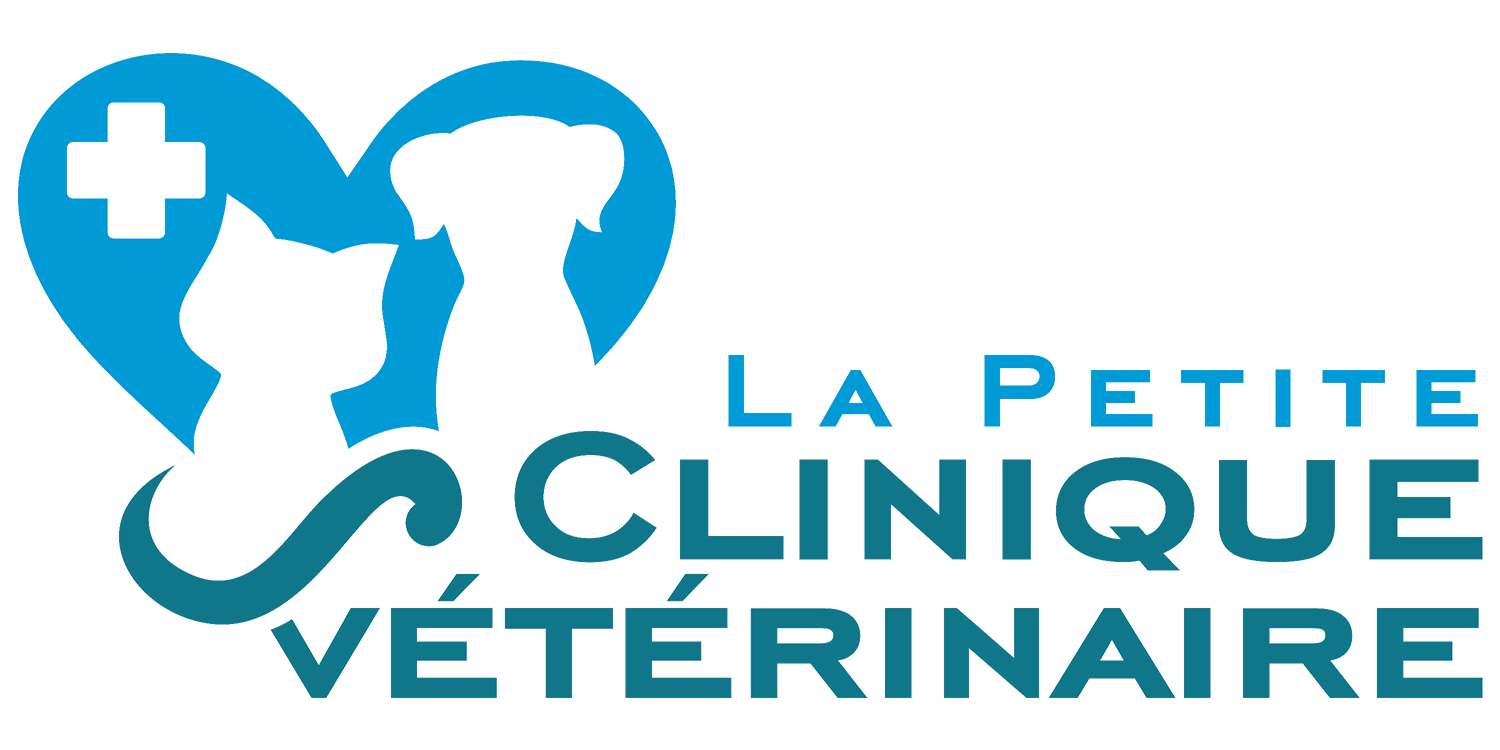Procedures we perform, but are not limited to:
Surgeries
Spays and Neuters
A spay is a routine surgery for female pets that involves the removal of the ovaries and/or the uterus. This procedure protects against a potentially fatal infection of the uterus that occurs later in life called a pyometra and eliminates heat cycles, reduces bad behaviors and decreases the risk of certain types of cancer that have a hormonal influence.
A neuter is a routine elective procedure to remove a male’s testicles. While not all dogs need to be neutered, neutering your pet can prevent unwanted behaviors such as aggression, mounting, marking, and escaping to roam in order to mate.
The day of surgery
We will ask you to drop your pet off early in the morning before 8:00 AM, so we can discuss the surgery together and address any concerns you may have. We will then perform a physical examination and run some bloodwork prior to doing the procedure to assess the current state of your pet’s organ function and hydration status.
We will then inject a sedative into your pet’s muscle or vein along with anti-nausea and pain medications. Our patients are then intubated and maintained on an inhalant anesthetic. Anytime a pet is under anesthesia, it is monitored at all times for the following parameters: carbon dioxide levels, oxygenation levels, respiratory rate, heart rate, temperature and rhythm as well as blood pressure.
If your pet is doing well under anesthesia, we can perform minor treatments such as nail trims, ear cleanings, and small mass removals when requested and if time permits.
After surgery
After your pet wakes up, we will give you a call to let you know how they are recovering and set up a time for you to pick them up. At that time, we will provide you with instructions for at home care regarding feeding, medications, activity restrictions and when to schedule a recheck. Most pets are quite groggy after surgeries and will take a day or two to get back to their normal selves. They may also experience a lack of bowel movements or soft stool and/or appetite changes, which are all quite normal after surgery.
We generally recommend restricting your pet’s activity for two weeks following a procedure, if you’re having a difficult time keeping your pet calm, we can prescribe some sedatives to allow them to be relaxed enough for their incisions to heal properly. Dogs can still go on short leash walks for about 5-10 minutes, playing and jumping should be avoided by both cats and dogs. If we recommended a cone for your pet post-operatively, it is non-negotiable and should be kept on at all times. However, we understand that not all patients tolerate a hard cone, and there are other cone alternatives they may be more accepting of that we can find for you.
Our Services
Where to find our clinic
We are located at the following address:
4, Rue du Gabian
98000, Monaco
